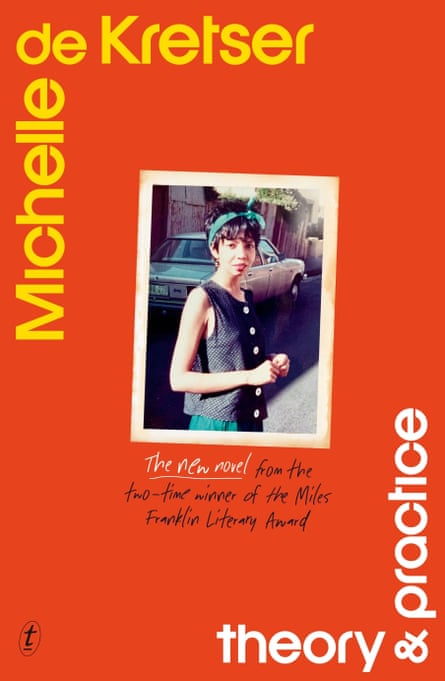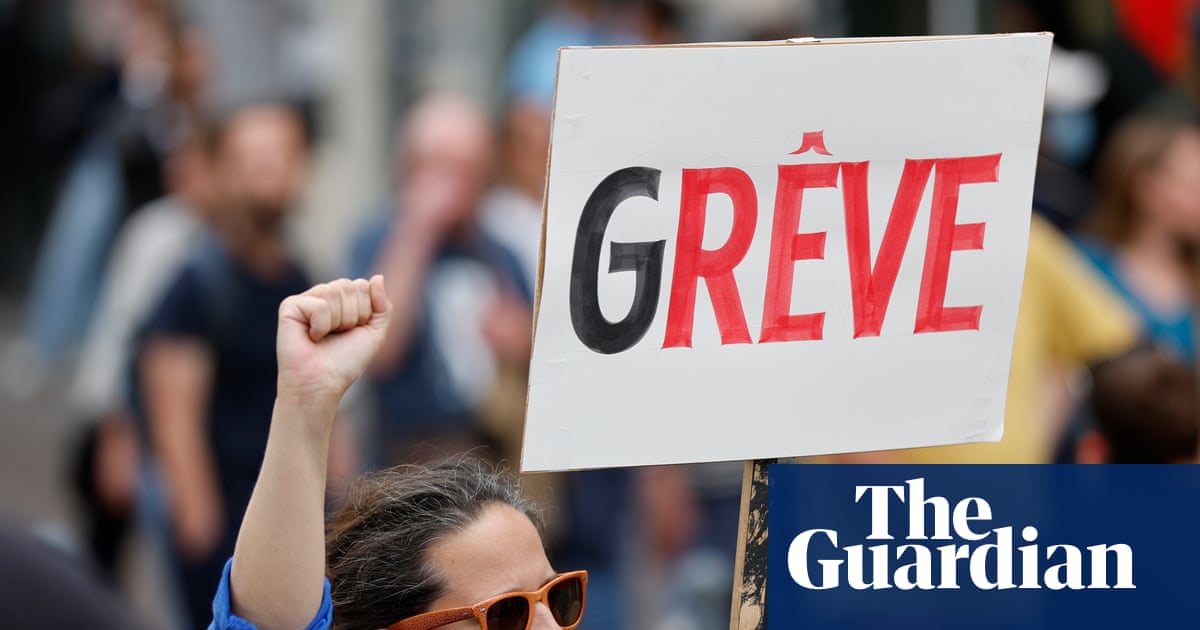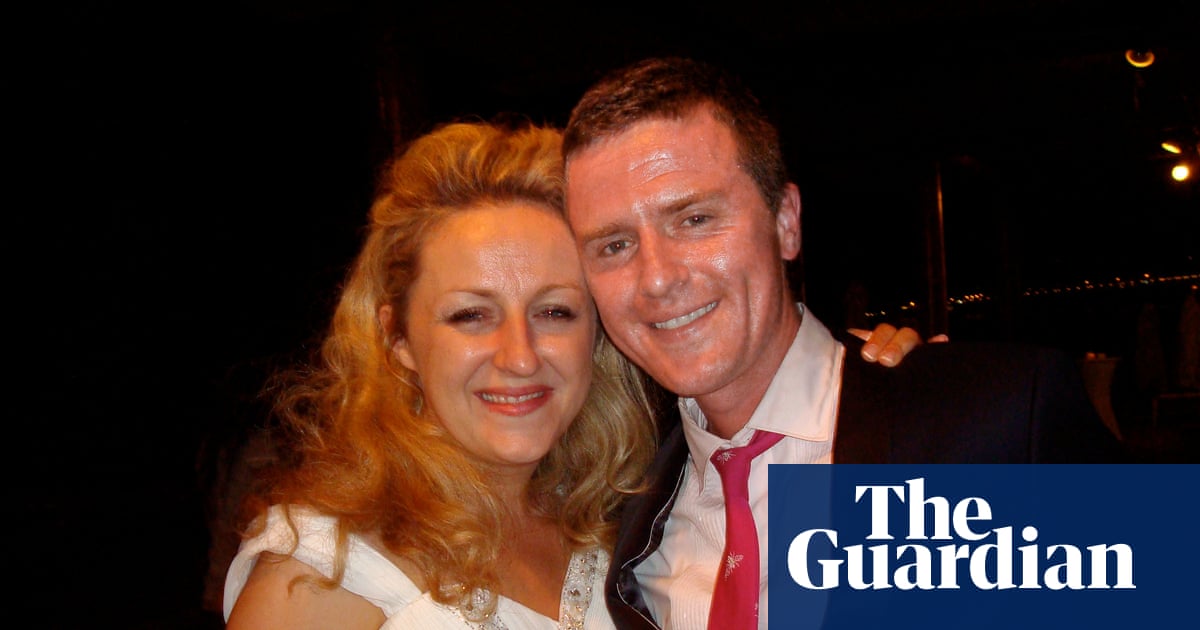“I wouldn’t say I set out to break forms, as to invent new ones,” Michelle de Kretser says of her novel Theory and Practice, winner of the $60,000 Stella prize for women and non-binary writers. “I wanted to write a novel where the reader thinks it isn’t a novel because I’m using nonfictional devices and forms.”
Tricksy and sly, Theory and Practice – the Australian author’s eighth novel – troubles the line between fiction and memoir. It opens with several pages of another ostensibly unrelated novel that is abandoned in its early stages; the reader simply turns a page and is confronted with the line: “At that point, the novel I was writing stalled.” What comes after seems suspiciously like memoir – particularly to anyone vaguely familiar with de Kretser’s biography – following a young Sri Lankan-Australian woman studying English literature at Melbourne University in the 1980s.
The Stella prize judges called it “a brilliantly auto-fictive knot” and “a sharp examination of the complex pleasures and costs of living,” awarding it among a shortlist that included Amy McQuire’s essay collection Black Witness, Melanie Cheng’s novel The Burrow and Samah Sabawi’s family memoir Cactus Pear For My Beloved.
Theory and Practice is also disarmingly quotidian, relatable – and funny. The protagonist drinks cheap wine, goes to parties and watches recondite arthouse films, falls in love and avoids her mother.

But de Kretser is playing a complicated and penetrating game with the reader, provoking questions around the concept of mimesis, or the representation of reality.
“I would say about 80 to 85% of my novel is fiction,” says the author. While she did attend Melbourne University in the 1980s, she didn’t study English literature; nor did she undertake a thesis on Virginia Woolf, as her protagonist does. “That’s one of the things the novel is saying: don’t confuse the representation of reality with reality,” de Kretser says.
after newsletter promotion
Theory and Practice also has a lot to say about legacy, about the things we inherit and the things we reject from our forebears, familial and literary. While Woolf remains an important feminist figure, she had a patrician view of class and could be quite racist, with an uncomfortably colonialist outlook on the world. The protagonist dubs her “the Woolfmother”, and she exerts a problematic influence second only to the character’s own mother, who sends passive-aggressive letters to her daughter throughout.
“When you think about feminism, you think of course about mothers and daughters because that’s the maternal line, it’s the maternal legacy,” says de Kretser.
The process of maturation is also a process of deconstruction and reformation, of grappling more honestly with the past.
“The narrator considers herself a feminist and yet she’s been hurt by other women and will hurt other women in her turn,” says the author.
That gap between our intent and our actions is exploited throughout Theory and Practice, as the narrator begins to obsess about her lover and then the woman who’s also sleeping with him. The righteous feminist soon has to confront her own petty insecurities and jealousy – her decidedly un-feminist id – and the result is subtly hilarious.
As much as de Kretser’s crackling prose and probing intellectualism have wowed awards judges – her Stella win caps a tally that includes two Miles Franklin awards and three Christina Stead prizes – it’s this wit, the levity and playfulness of her sentences, that makes her so fun to read.
“I think we confuse seriousness and solemnity. We think if it’s funny, it must be trivial,” says de Kretser. “For me, being funny is a way of being very serious.”

In her novel, she pokes sly fun at those pesky post-structuralists – Derrida, Foucault et al – who took the idea of literary deconstruction to an absurd, and eventually meaningless, place. De Kretser remembers post-structuralism descending like a cloud on Melbourne University in the 80s: “Suddenly theory became more important than literature.” And how did she find it? “I just sort of skulked in corners. We were all scared.” She laughs at the memory, but you can almost sense the chill run down her spine.
Entertaining and intellectual, Theory and Practice is the kind of novel that – like most of de Kretser’s work – will not only bear rereading, but benefit from it. The false novel that opens the book contains dark echoes of what is to come, but only on reflection. The themes of the book are layered on top of each other, but also spread outwards like tendrils. And that formal experimentation, so clever but judicious and perfectly calibrated, points the way for future works by the author.
“I quote Woolf to that effect in the novel. She says, ‘I want to go on adventuring and changing’. And that is what any artist worth their salt wants to do,” says de Kretser. “You want to keep yourself interested and intervene in the novel form. It’s good to expand our notions of what a novel can be.”

 3 months ago
121
3 months ago
121

















































